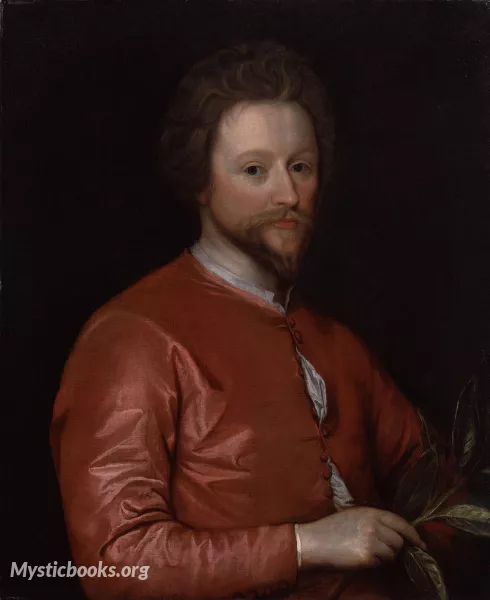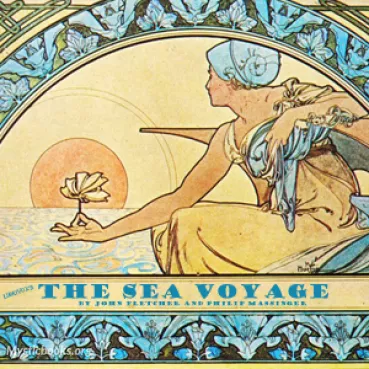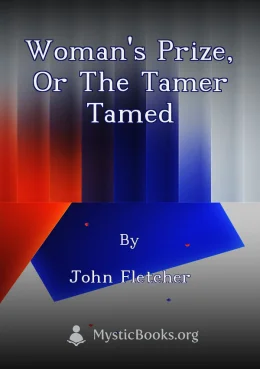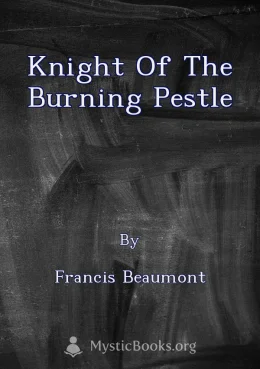
Timeline
Title
Country/Nationality
John Fletcher
John Fletcher, a towering figure in the realm of English drama, stands as one of the most prolific and influential playwrights of the Jacobean era. Following in the footsteps of the illustrious William Shakespeare, Fletcher's masterful storytelling and captivating characters captivated audiences during his lifetime and beyond. His plays, imbued with a blend of romance, comedy, and tragedy, continue to resonate with modern audiences, cementing his legacy as a literary giant.
Early Life and Dramatic Apprenticeship
Born in December 1579 in Brocket Hall, Hertfordshire, England, John Fletcher was the son of a clergyman and a wealthy heiress. His education at King's College, Cambridge, provided him with a solid foundation in classical literature and Latin, which would later inform his dramatic writing.
Fletcher's theatrical career began in the late 1590s, a period marked by the flourishing of English drama under the patronage of Queen Elizabeth I. While Shakespeare's star was on the rise, Fletcher emerged as a promising playwright, collaborating with various dramatists, including Francis Beaumont and Philip Massinger.
Collaboration with Francis Beaumont
Fletcher's most significant partnership was with Francis Beaumont, a fellow Cambridge graduate and writer. Together, they penned a remarkable body of work, producing over 50 plays between 1604 and 1616. Their collaborative efforts resulted in a unique blend of dramatic styles, seamlessly merging tragic elements with comic relief, creating a captivating theatrical experience.
Plays that Endured the Test of Time
Fletcher's individual contributions to the English stage were equally impressive. His plays, often characterized by their intricate plots, witty dialogue, and vivid characters, captivated audiences and earned him a place among the leading dramatists of his time. Some of his most celebrated works include:
- The Maid's Tragedy (1609): A tragic drama that explores themes of love, betrayal, and revenge, set against the backdrop of the ancient Greek city-state of Argos.
- A King and No King (1611): A tragicomedy that delves into questions of identity, legitimacy, and the nature of kingship.
- The Philaster (1610): A tragic romance that explores the complexities of love, duty, and self-sacrifice.
- The Wild Goose Chase (1611): A comedy of manners that satirizes social pretensions and romantic entanglements.
Philosophy and Legacy
Fletcher's philosophy as a playwright was deeply rooted in the exploration of human emotions and the complexities of relationships. His characters, often flawed and conflicted, navigated a world of love, loss, ambition, and betrayal, mirroring the struggles and triumphs of ordinary people.
Fletcher's legacy extends far beyond his own time. His plays continued to be performed throughout the English Renaissance and beyond, influencing generations of dramatists. His works were admired for their theatricality, their ability to evoke a range of emotions, and their insights into the human condition.
In conclusion, John Fletcher stands as a towering figure in the annals of English drama. His prolific output, his mastery of language and character, and his ability to blend genres seamlessly solidified his reputation as one of the most influential playwrights of the Jacobean era. His plays, infused with humor, tragedy, and profound insights into human nature, continue to entertain and inspire audiences worldwide.
Books by John Fletcher

The Sea Voyage
Embark on a captivating journey across the treacherous seas and into the depths of human nature with John Fletcher's "The Sea Voyage," a tale of shipwreck, self-discovery, and the enduring power of love. When a storm-tossed ship carrying a motley cr...

Woman's Prize, or the Tamer Tamed
This play, a sequel to Shakespeare's *The Taming of the Shrew*, focuses on Petruchio's second marriage to Maria, a woman who defies traditional expectations of a wife. Maria, with the support of her family, chooses to challenge societal norms and ass...

Knight of the Burning Pestle
The Knight of the Burning Pestle is a playful satire on chivalric romances, written in the early 17th century by Francis Beaumont. It's a play within a play, where the audience members, a Citizen and his Wife, demand a change of script and insert the...